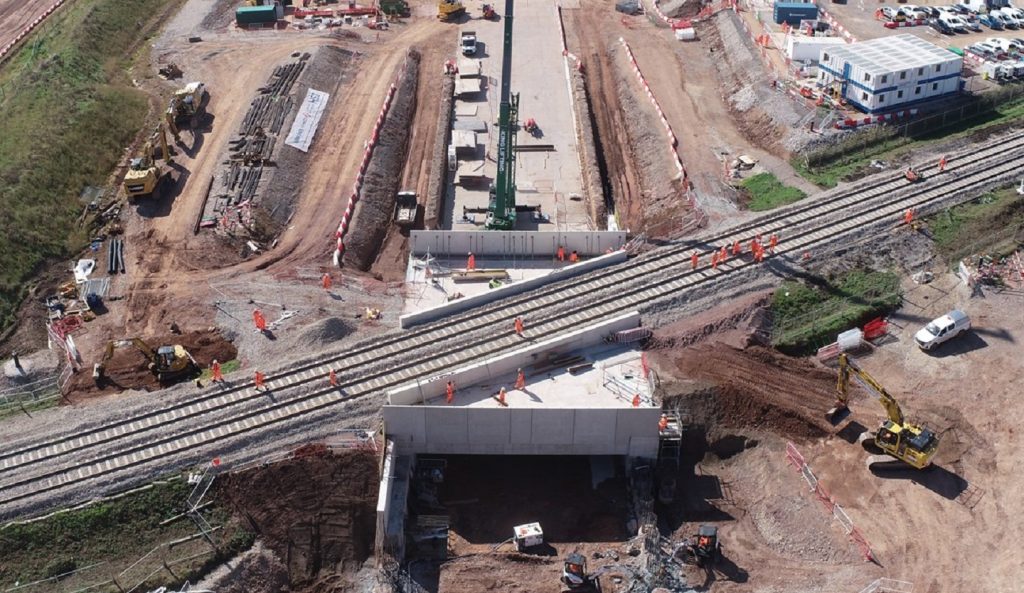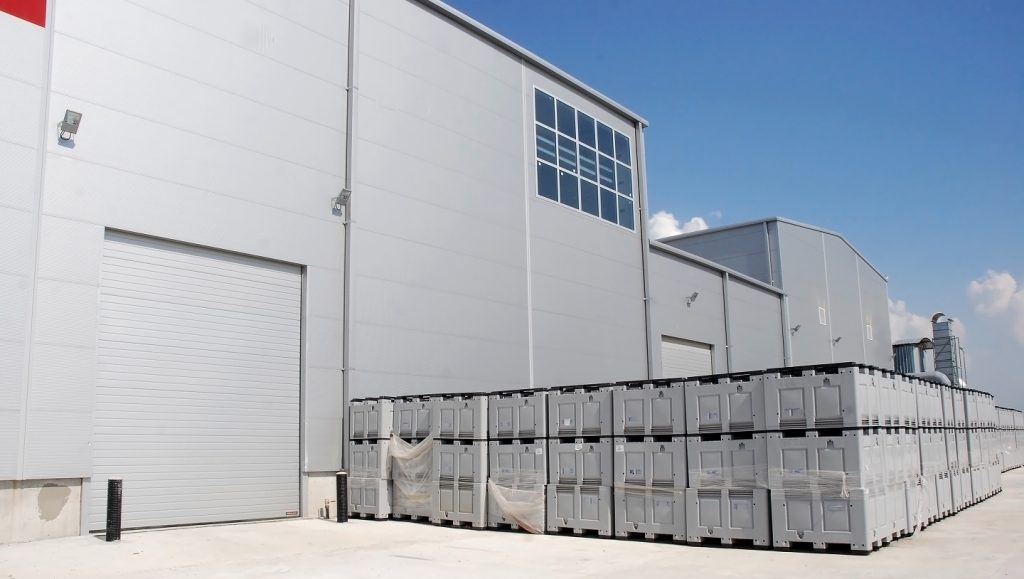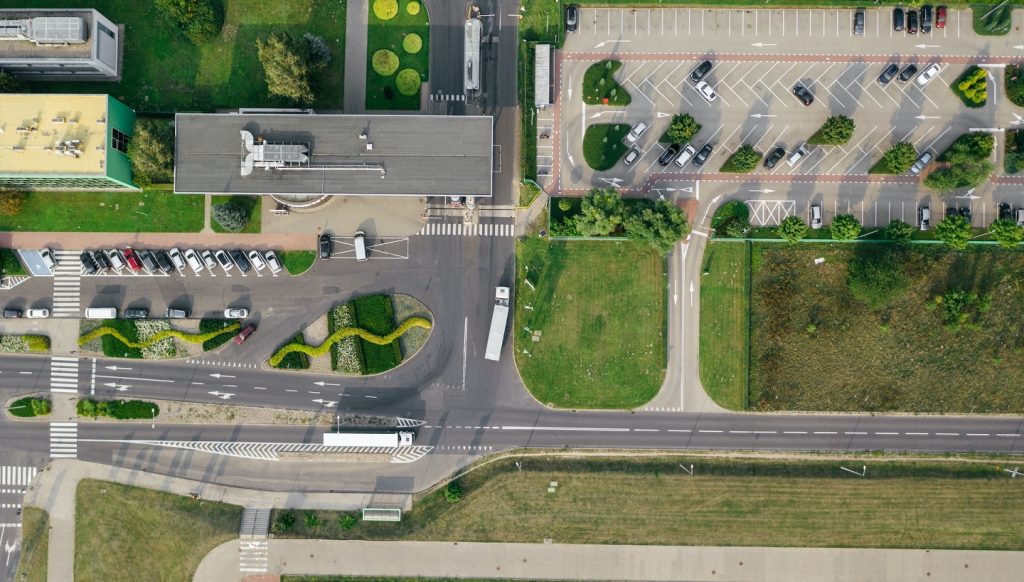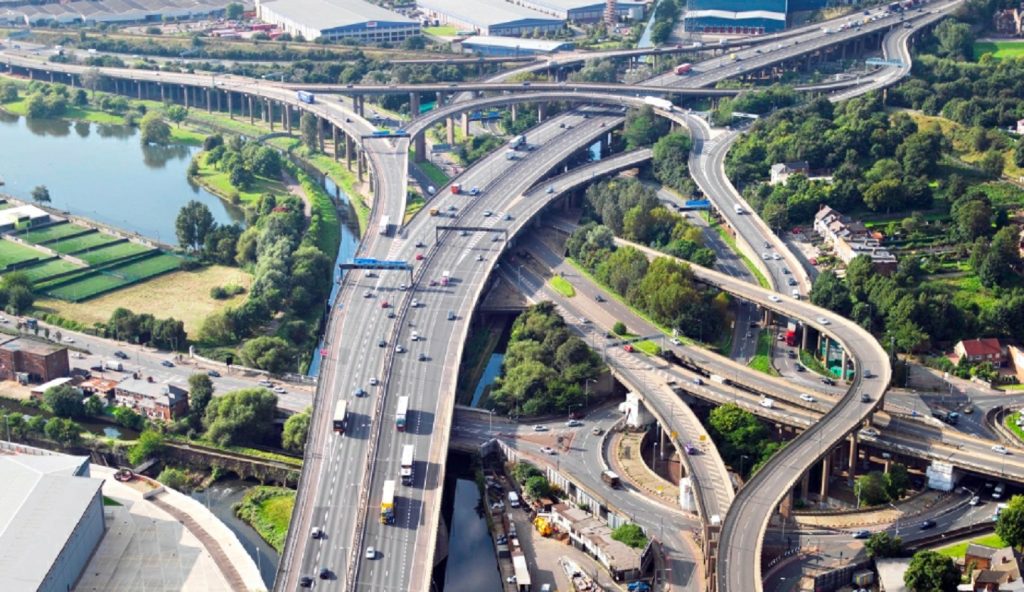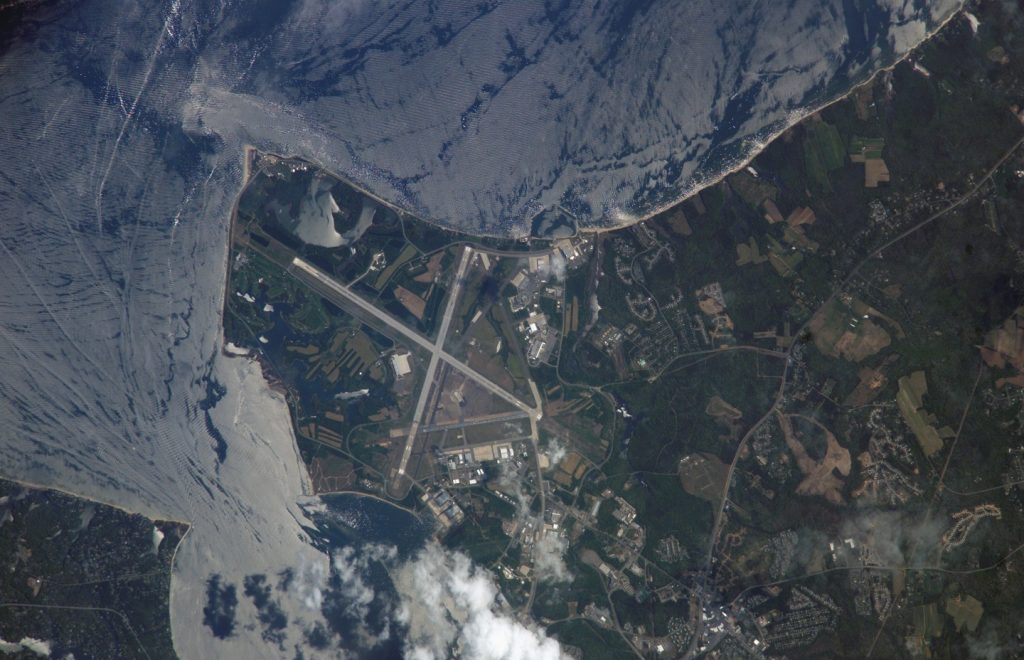The High Speed 2 (HS2) rail project in the UK has finished an extensive construction project at Streethay near the city of Lichfield, as part of an overarching project to prepare the way for the country's new high-speed railway.
The scope of the project involved digging 14,000t of ground, constructing a 140m-long retaining wall, and relocating a 2,600t bridge deck 130m beneath the South Staffordshire freight railway.
This project was concluded by British joint venture (JV) Balfour Beatty VINCI, HS2's civil contractor in the West Midlands, and designers Mott MacDonald within the framework of MMSDJV, a design JV with rail transport engineer SYSTRA, which included teams from 18 specialised supply chain companies.
The 2,600t bridge deck, which had been constructed on adjacent ground to the railway, was lifted 130m into position using self-propelled modular movers with 344 wheels following a concrete capping beam set up above the retaining walls at the end of July.
Either side of the bridge has since been backfilled, and the train tracks have been reinstalled.
The 25m-long and 18m-wide Streethay overbridge sits within HS2’s Streethay cutting and will enable HS2 trains to travel under the existing railway between Birmingham and Crewe.
Mott MacDonald engineers managed to minimise the total length of wall structures for the railway at Streethay from 1.6km to 420m with design development that used 80% less concrete and saved approximately 420,000t of carbon, supporting HS2's ambition to reduce its carbon footprint on the project.
Balfour Beatty VINCI's rail interface manager David Millar said: “The successful delivery of this complex and challenging piece of engineering near Lichfield is another proud moment for Balfour Beatty VINCI on the HS2 project.
“Together, we’ve had to work around existing transport infrastructure, including the South Staffordshire freight railway and the A38, making this achievement even more rewarding.”


